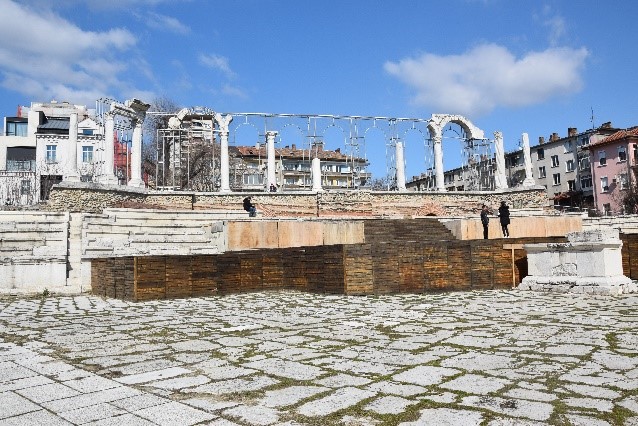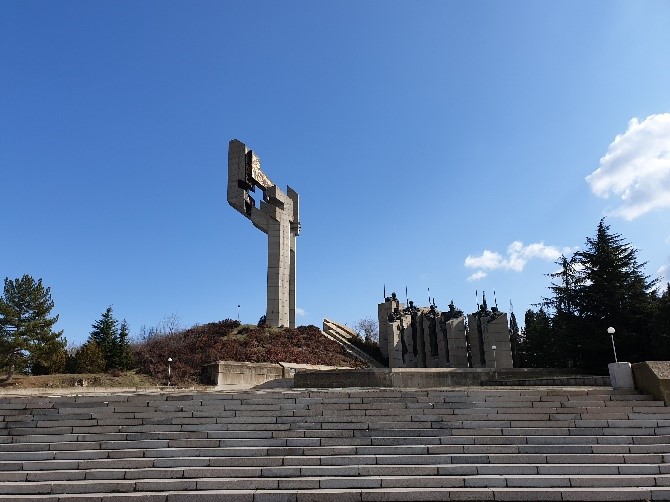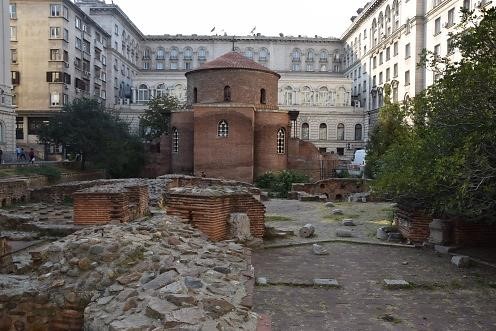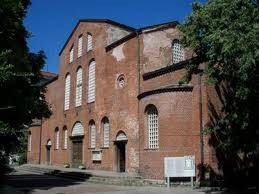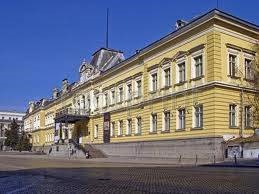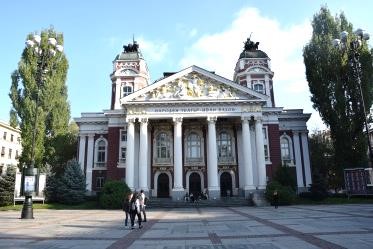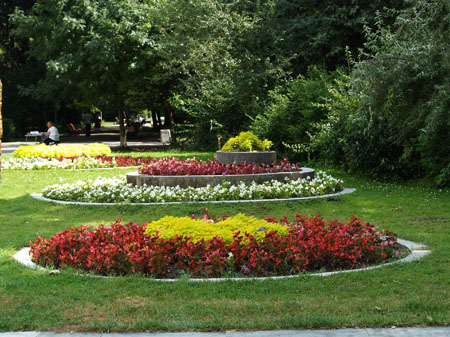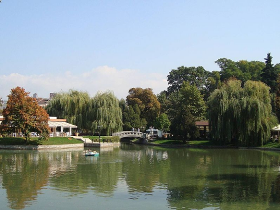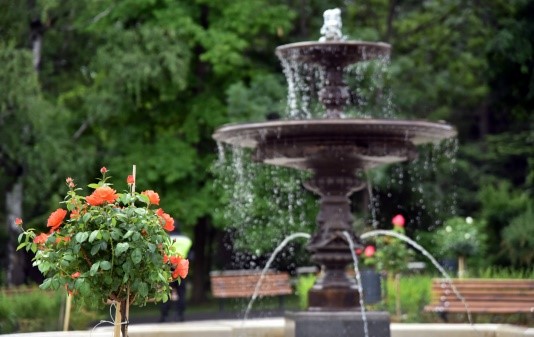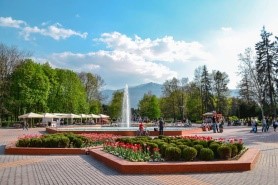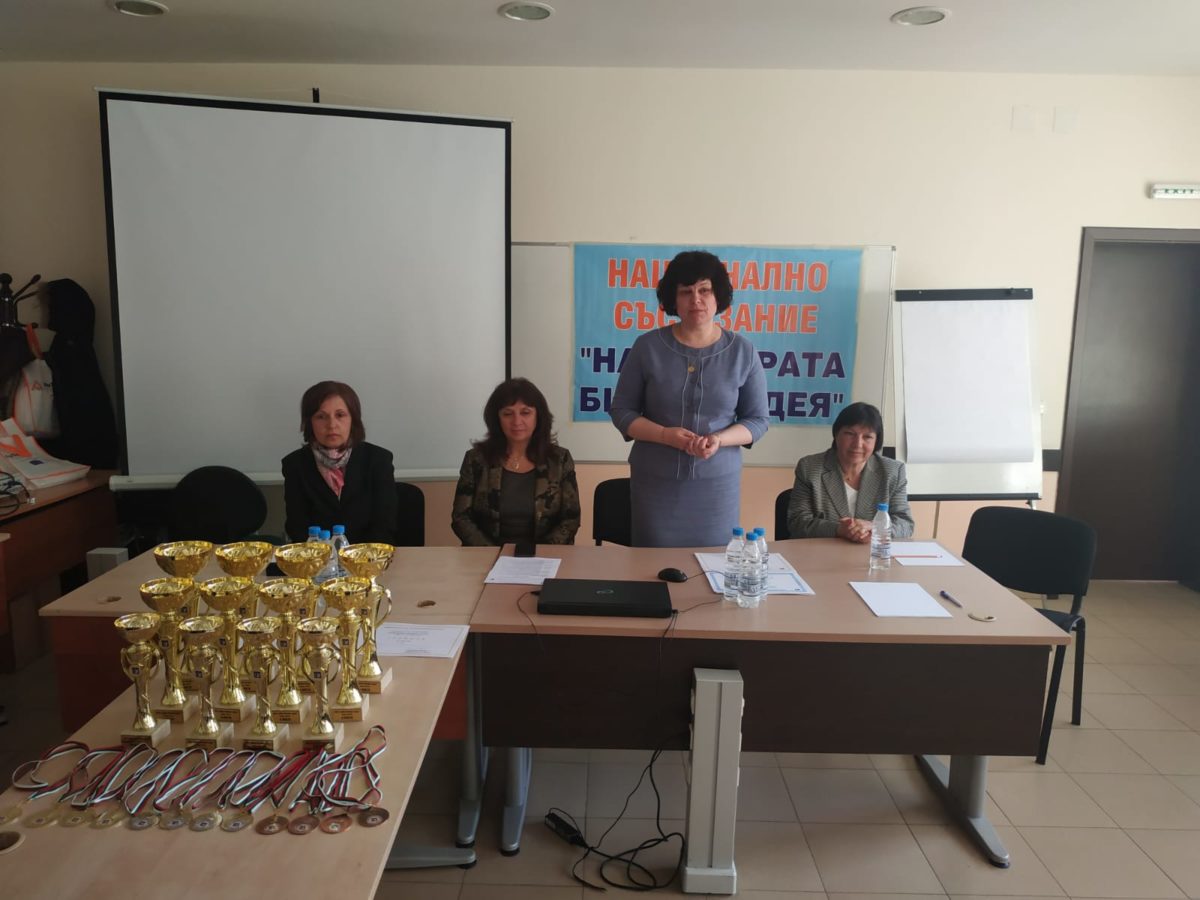The Bulgarian Ministry of Education and Science presented at a press conference a summary of the results from the matriculation exams in Bulgarian Language & Literature and Mathematics held in the beginning of June. During the conference Minister Krasimir Valchev stated that “Transforming knowledge into skills, preparing children for life and forming critical thinking capacities are among the priorities of Bulgarian education.
All our efforts are aimed at this – ensuring a good educational environment for children and improving their results”. Almost 49,000 students sat the matriculation exam in Bulgarian Language and Literature. The exam was held in 5,162 rooms of 722 schools in the country in observance of the anti-epidemic measures and under video surveillance.
In order to make students calmer, the Ministry of Education and Science removed from the exam material the literary works taught during the second term of the school year, when remote teaching began. 37,116 twelve-graders were admitted to a second mandatory exam. The biggest number of them – 11,710, chose to sit an exam in English.
Girls achieved better results than boys. Excellent grades amount to about 15%, while last year they were 10%. In terms of regions, the highest grades are in Sofia-City, Smolyan, Varna, Gabrovo, and Veliko Tarnovo.
Compared to last year results, there has been an increase in excellent grades in the Bulgarian Language and Literature exam:
| EXCELLENT GRADES | POOR GRADES |
2020 | 6 283 | 3 764 |
2019 | 5 062 | 4 302 |
Source: MES
The average success rate has also increased as compared to the previous year:
| AVERAGE SUCCESS RATE IN THE BLL EXAM |
2020 | GOOD 4.20 |
2019 | GOOD 4.06 |
Source: MES
| AVERAGE SUCCESS RATE IN THE SECOND MANDATORY EXAM |
2020 | VERY GOOD 4.87 |
2019 | VERY GOOD 4.67 |
Source: MES
This year, more 12-graders sat the optional matriculation exams. The reason for this is the universities’ decisions to admit students based on their results from the state matriculation exams. The change only applies to this year’s admission.
The school graduates who got 100 points in one exam are 124. 4,525 graduates or almost 1,500 more than last year got excellent grades in both exams. This year there was one student with four maximum results, seven with 3 maximum results and 73 with 2 maximum results.
The analysis shows that this year the results are better in nine out of fourteen subjects. There are higher results from the exams in Bulgarian Language and Literature, History and Civilization, Physics and Astronomy, Geography and Economics, Biology and Health Education, and in foreign languages – German, English, Russian and Italian.
There has been an improvement in student’s ability to formulate a thesis on a given topic, but they encounter difficulties in obtaining and extracting information from a text, and in particular in summarizing the essence of a text, said Evgenia Kostadinova, Director of Directorate “Pre-School and School Educational Content” at MES.
The school graduates with the highest results will get an additional stipend of BGN 100 per month (approx. 50 euro) if they continue their education in professional areas important to the Bulgarian economy – pedagogy, physics, chemistry and engineering. The students entitled to such payment will be the ones with top 10% in grades from the state matriculation exam in Bulgarian Language and Literature, and a grade from the second exam equal or exceeding the country’s average. The stipend will apply for students admitted in priority majors in universities if their success rate was equal to or higher than the country’s average BLL success rate and are among the top 30% results in the second exam in Mathematics, Physics and Astronomy, or Chemistry and Environmental Protection. The additional stipend will be provided starting from the forthcoming 2020/2021 school year.
“We consider the results and the session successful. The system managed to mobilise. We had a successful session in unexpected conditions. Both the students and schools did well. We had no organizational problems”, said the Deputy Minister of Education and Science Tanya Mihaylova.
Data source: Ministry of Education (https://www.mon.bg/bg/)
